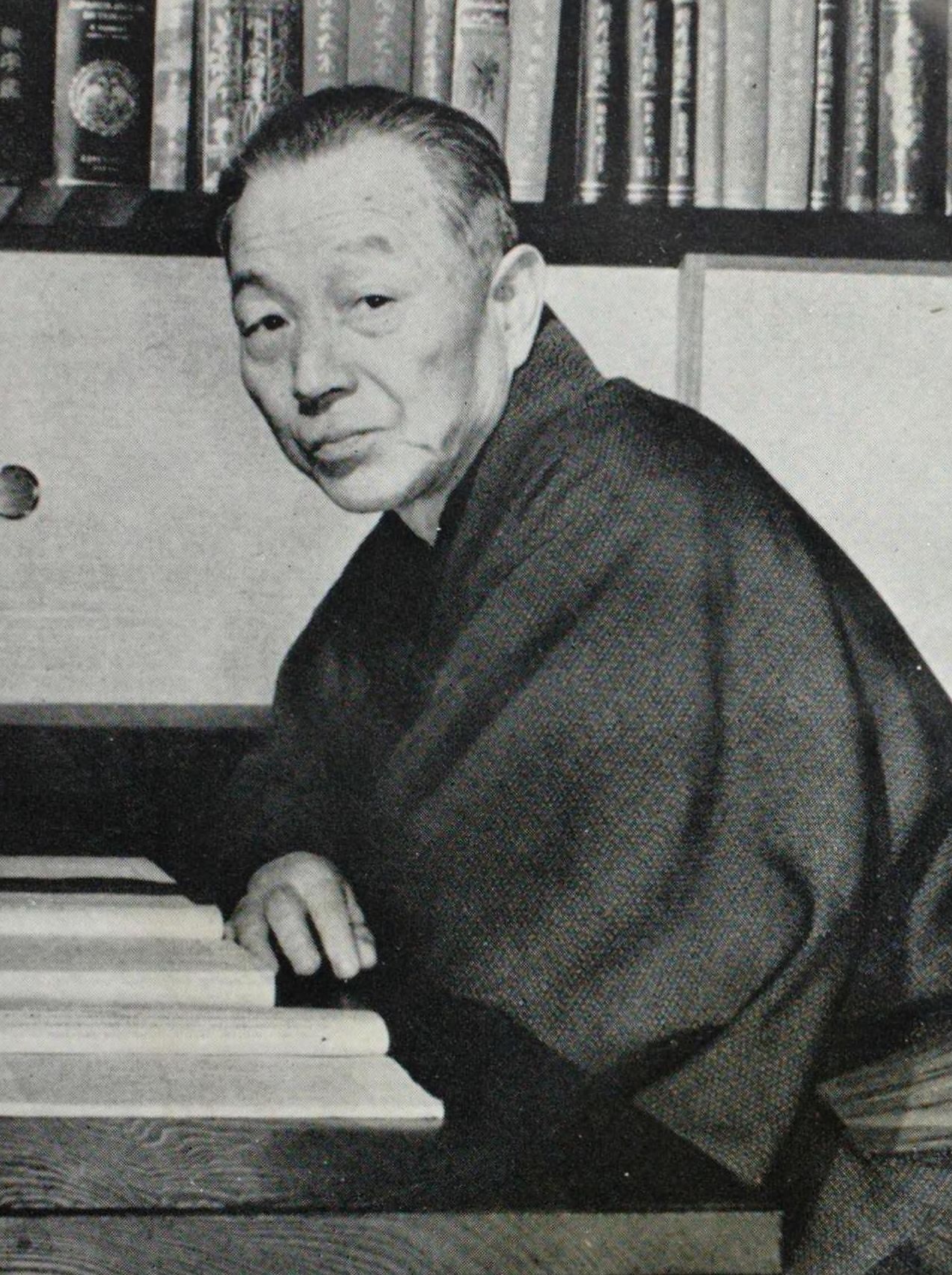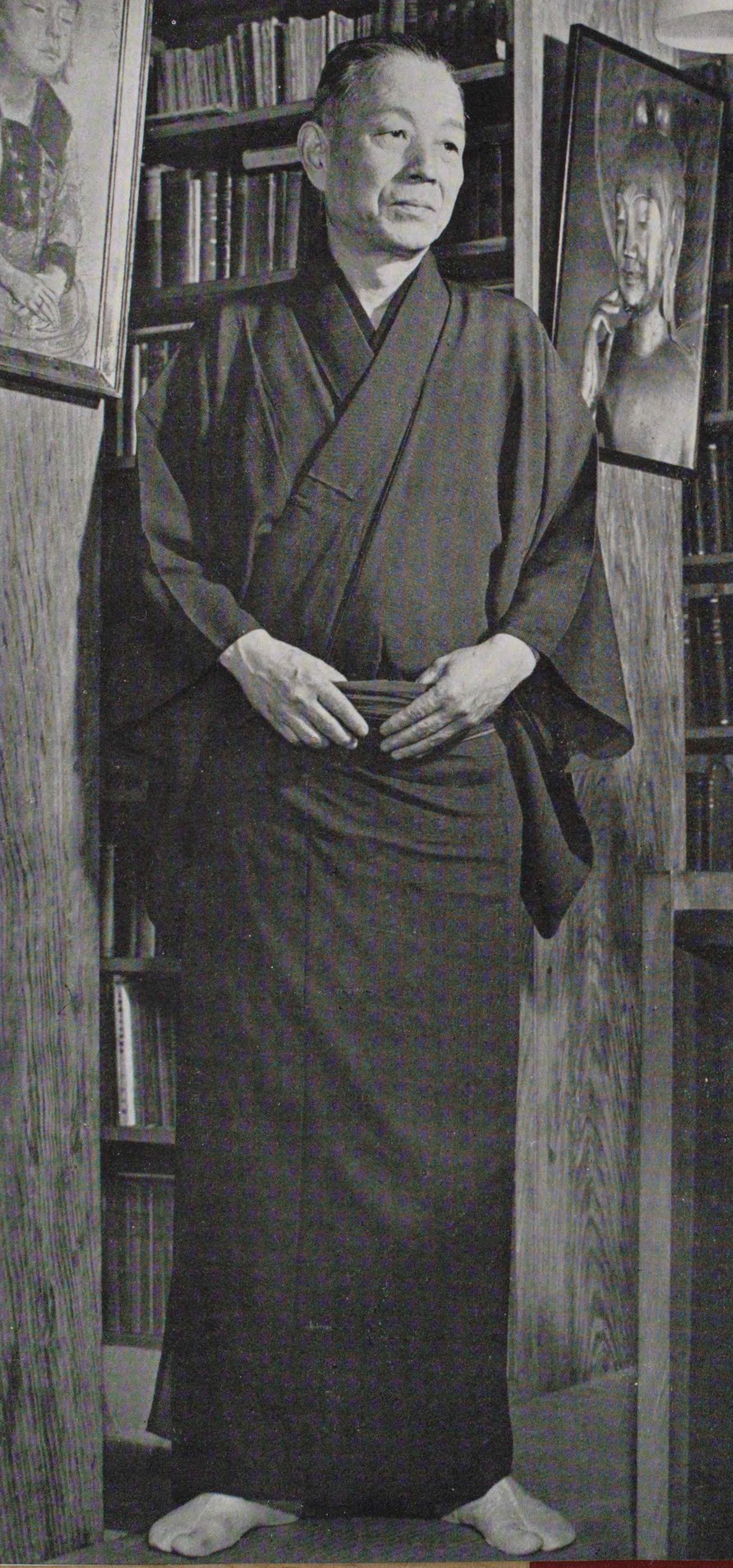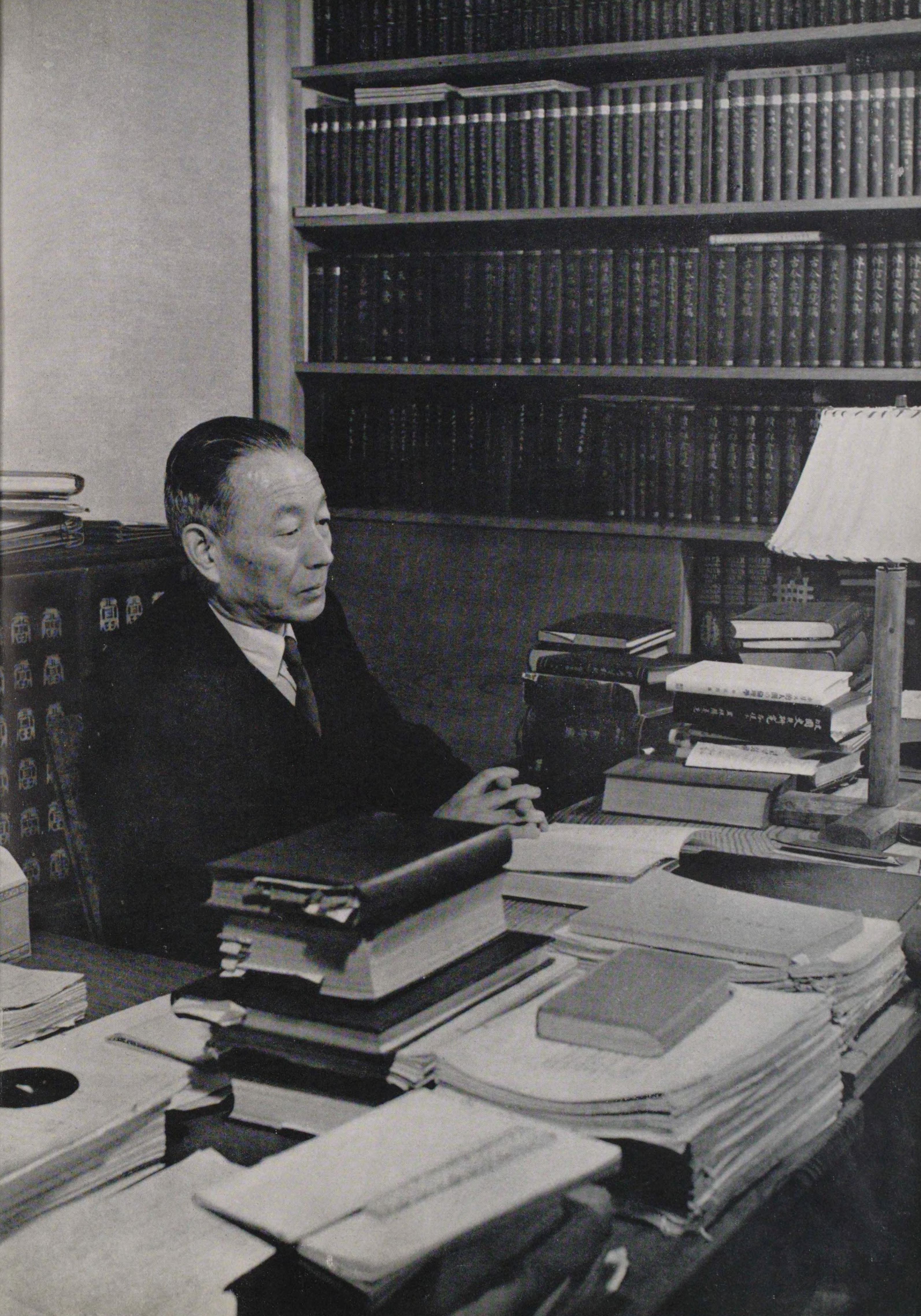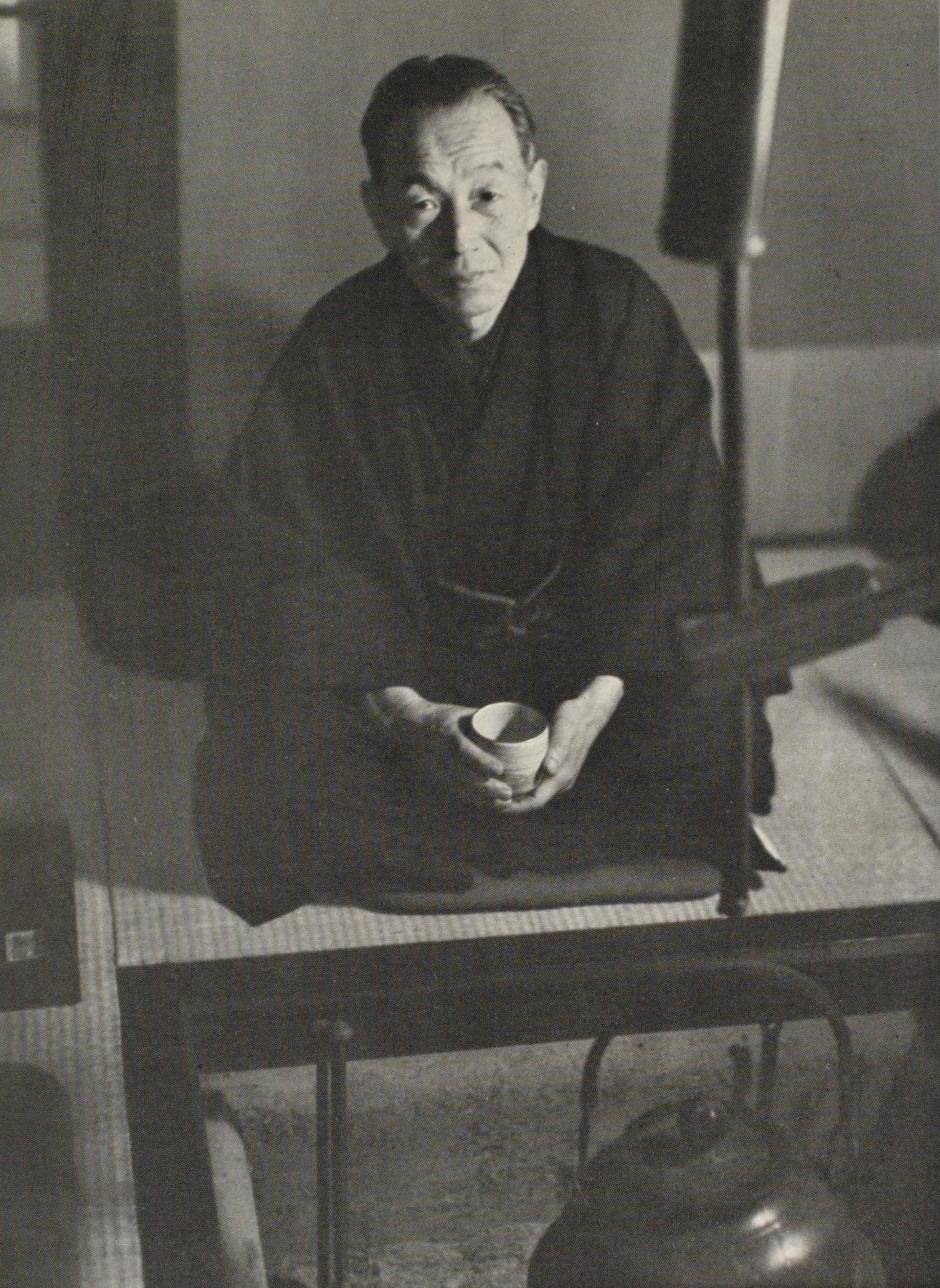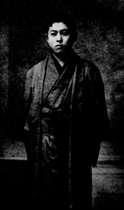WATSUJI Tetsuro
- Date of Birth and Death
- March 1, 1889 - December 26, 1960
- Birthplace (modern name)
- Hyogo
- Occupation, Status
- Scholar (Human Science)
Description
Philosopher and ethicist. He entered the Imperial University of Tokyo in 1909 and participated in the 2nd Shin Shicho magazine together with Tanizaki Junichiro. After graduation he published Niichie Kenkyu (Study of Friedrich Nietzsche), his study of empirical philosophy, in 1913. After publishing a travel journal about his visit to the Yamato region, Koji Junrei (Pilgrimages to the Ancient Temples in Nara), in 1919, he started to study ancient Japanese history, which was summarized in his works such as Nihon Kodai Bunka (The Culture of Ancient Japan) in 1920. He became a literature professor of the Imperial University of Kyoto in 1925 and published Nihon Seishin-shi Kenkyu (History of Japanese Ethical Thought) in 1926. Then he studied in Germany for three years starting in 1927, and based upon this experience abroad he wrote his main work Hudo—ingengaku teki Kosatsu (Climate—Anthropological Discussion) in 1935. In the post-war era he continued to write many different works, including Sakoku (Closed Country) in 1950. He was appointed as the first president of the Japanese Society for Ethics in 1950 and awarded the Order of Culture in 1955.
SNS
WATSUJI Tetsuro
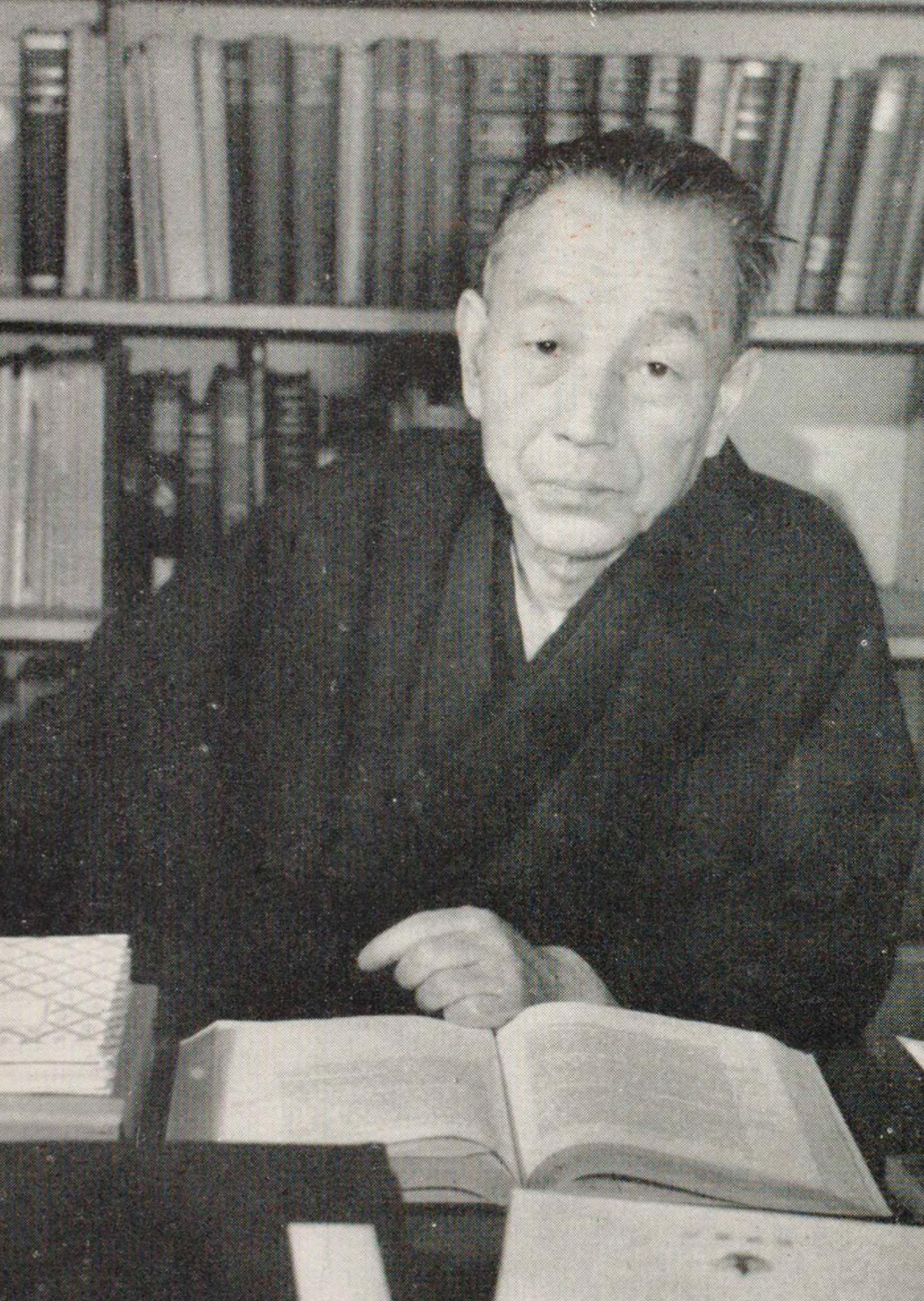
- HOME
- List of Names
- WATSUJI Tetsuro

